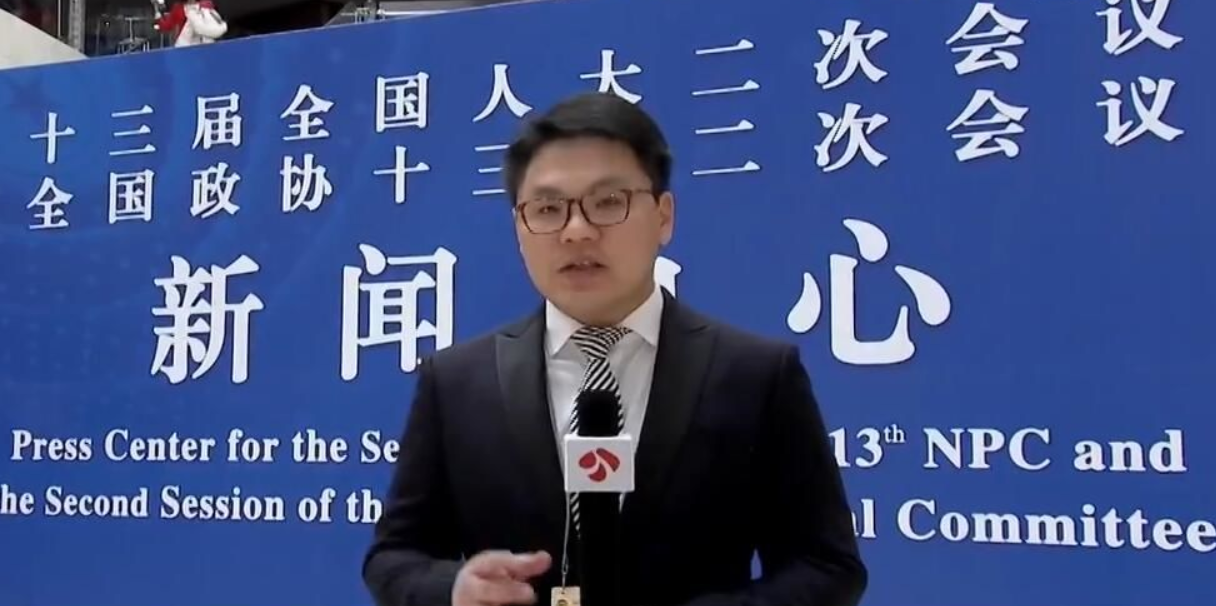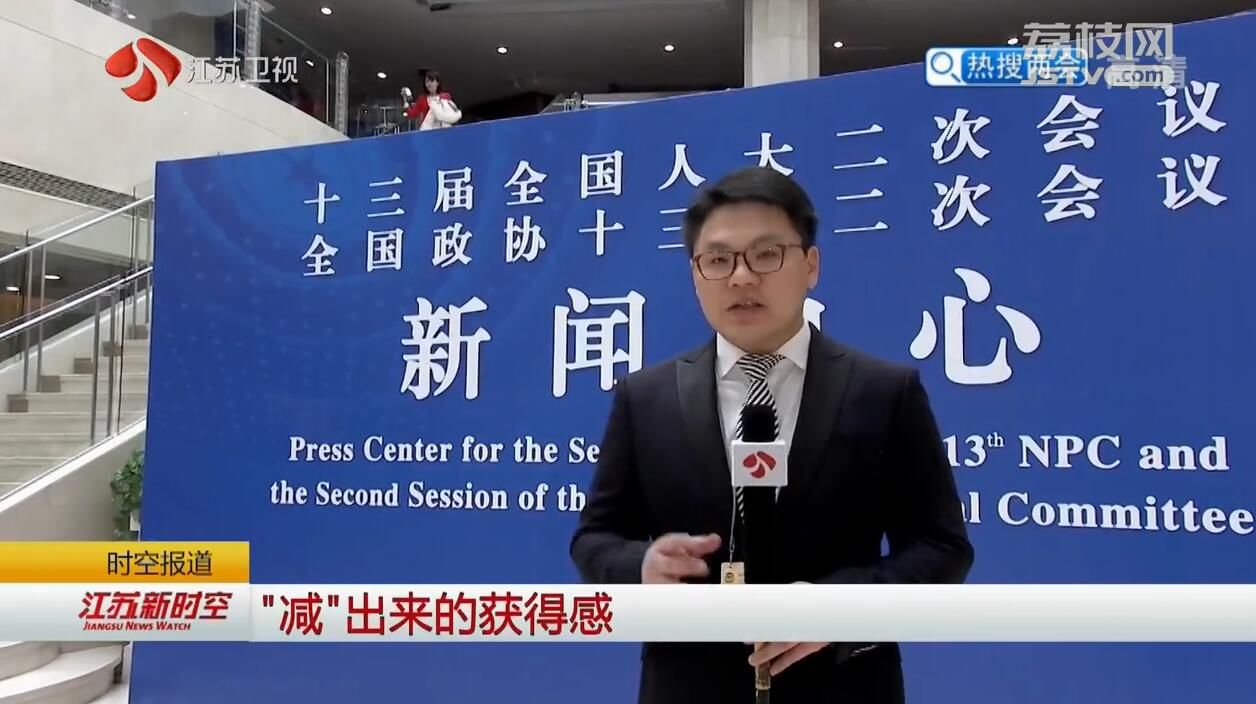
The proposed reduction of tax burdens and value-added tax reform highlighted in the government work report has sparked heated discussions among the NPC deputies from Jiangsu.
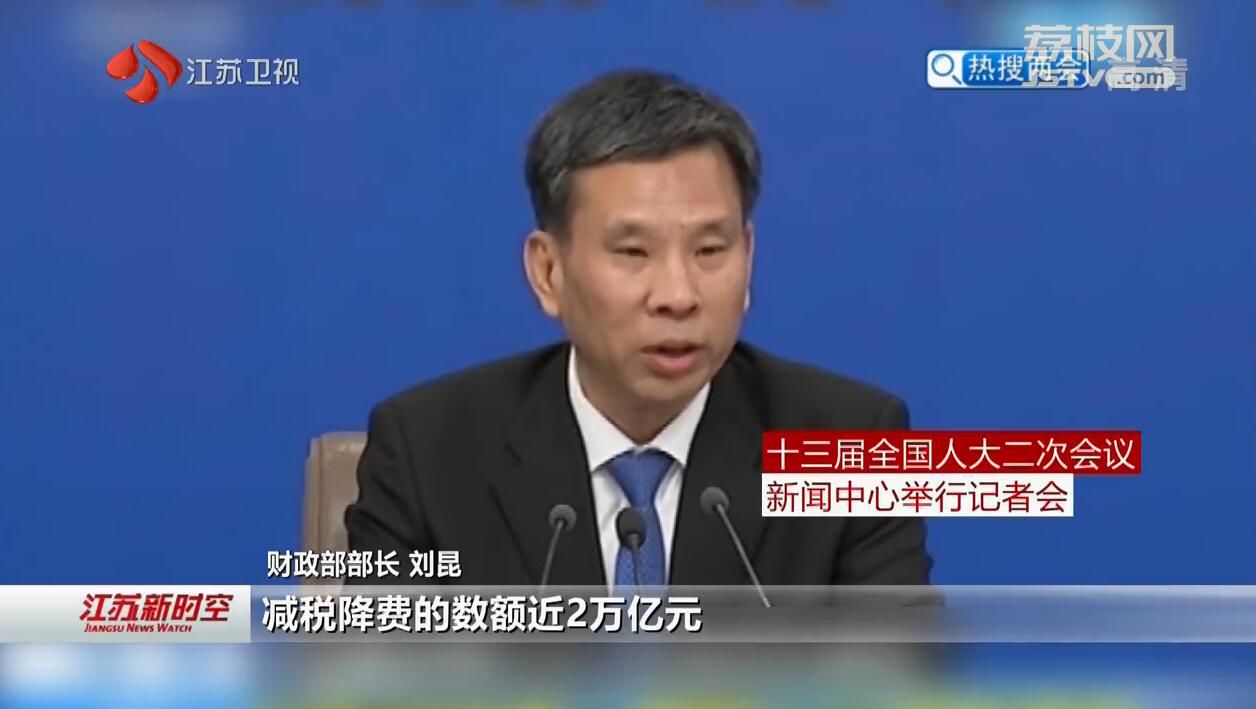
Liu Kun, Minister of Finance
(caption) Press Conference of the Second Session of the 13th National People's Congress
China aims to reduce the tax burdens
and social insurance contributions of enterprises
by nearly 2 trillion yuan in 2019

Miao Wei, Minister of Industry and Information Technology
(caption)second ministers’ interview at the Second Session of the 13th National People's Congress
The government will deepen
the value-added tax reform
reducing the current rate of 16 percent
in manufacturing and other industries to 13 percent
The reduction of tax burdens and value-added tax reform has become a hot topic among the NPC deputies from Jiangsu.
As an NPC deputy serving three consecutive terms, Xu Jingren, chairman of Yangzijiang Pharmaceutical Group Co., Ltd., has been paying attention to the development environment of the private economy. In his view, reducing the burden on enterprises from the national level not only allows enterprises to develop and innovate, but also has more power to serve the market, and will also benefit the terminal consumption.
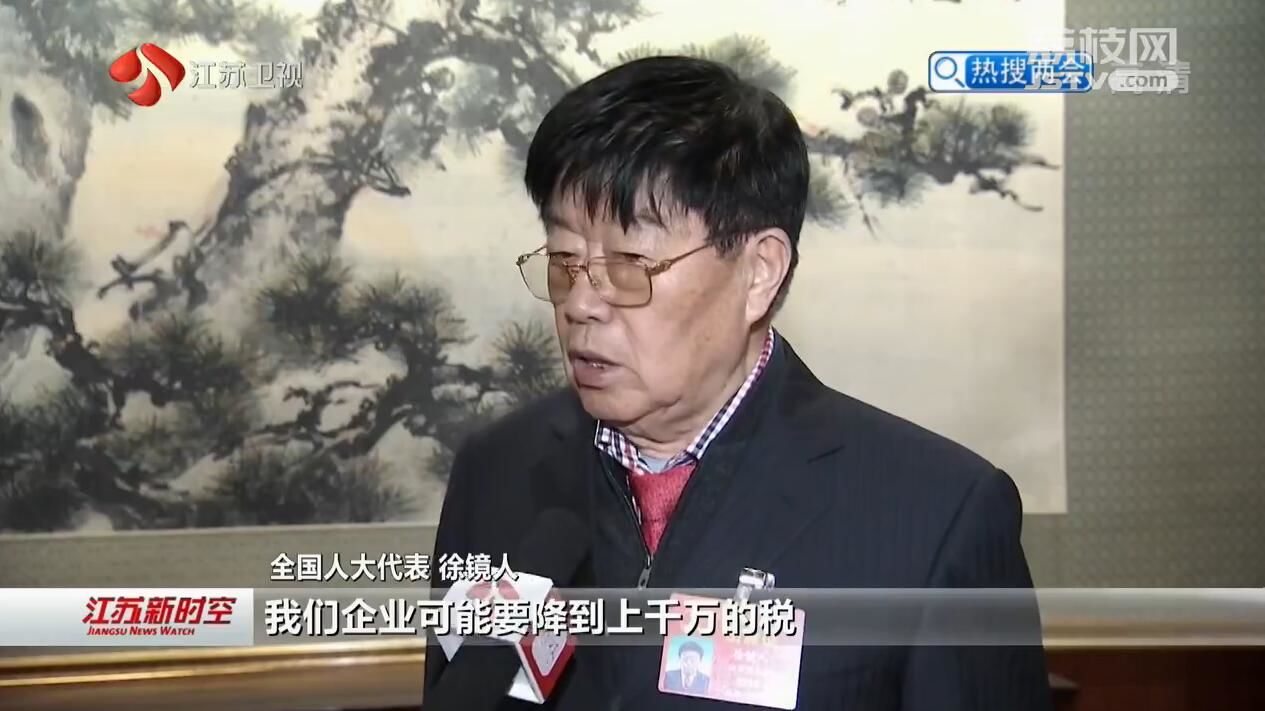
Xu Jingren, NPC deputy and chairman of Yangzijiang Pharmaceutical Group Co., Ltd.
A reduction of 3 percentage points will entitle
our company to the reduction of taxes
by tens of millions
With more income
the company will increase its investment
in innovation and research and development
so that our drug costs can be further optimized
to serve the majority of patients
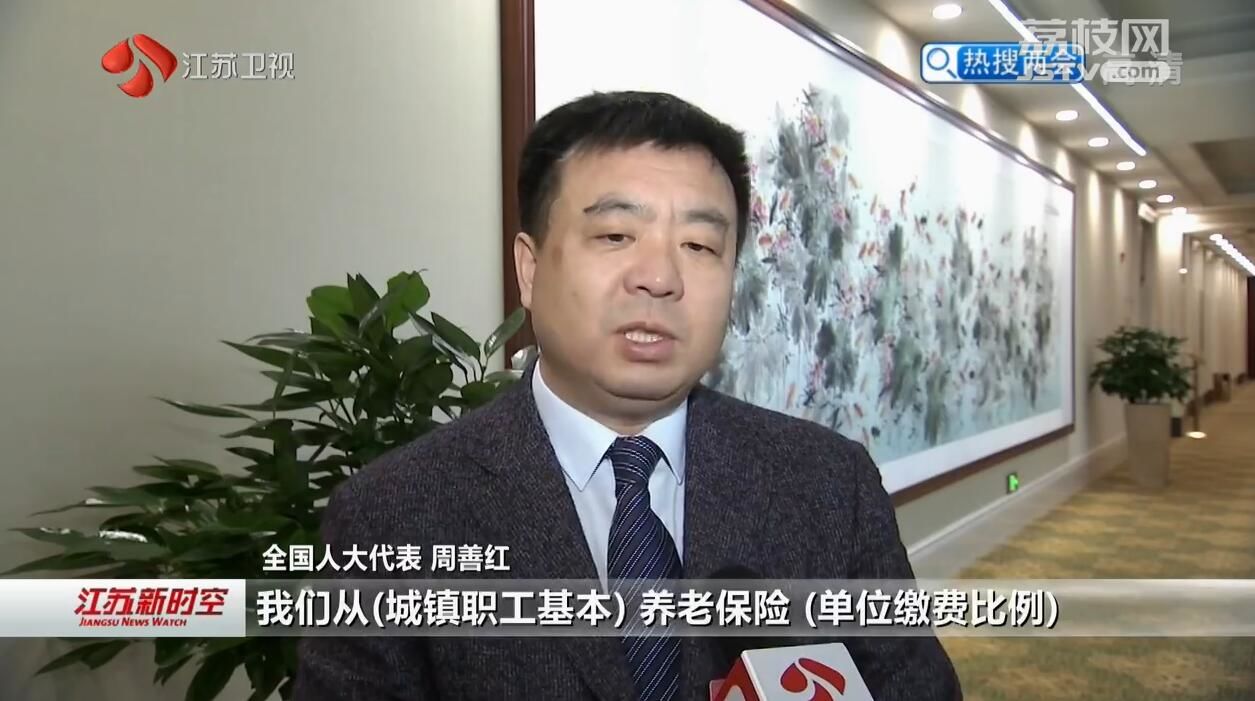
Zhou Shanhong,NPC deputy, Chairman and Party Secretary of Jiangsu Wanshun Electromechanical Group
The automobile manufacturing industry
is a labor-intensive enterprise
If social insurance contributions of enterprises
are to be lowered by 16%
we can save about 10 million a year
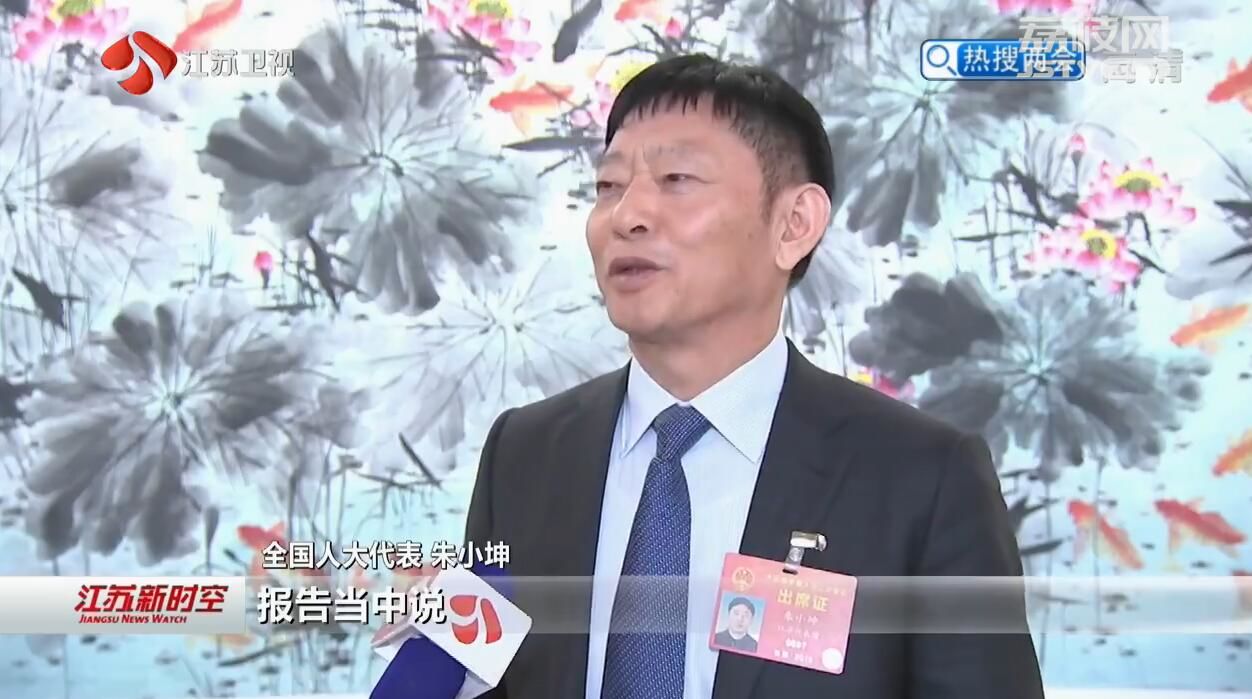
Zhu Xiaokun, NPC deputy, Chairman and Party Secretary of Jiangsu Tiangong Group
The government work report said that
the government will let us manage our business
with peace of mind
and do business with confidence
In this regard
we will use every penny in the cutting edge
to enhance our own internal strength
and do a good job in repaying the society
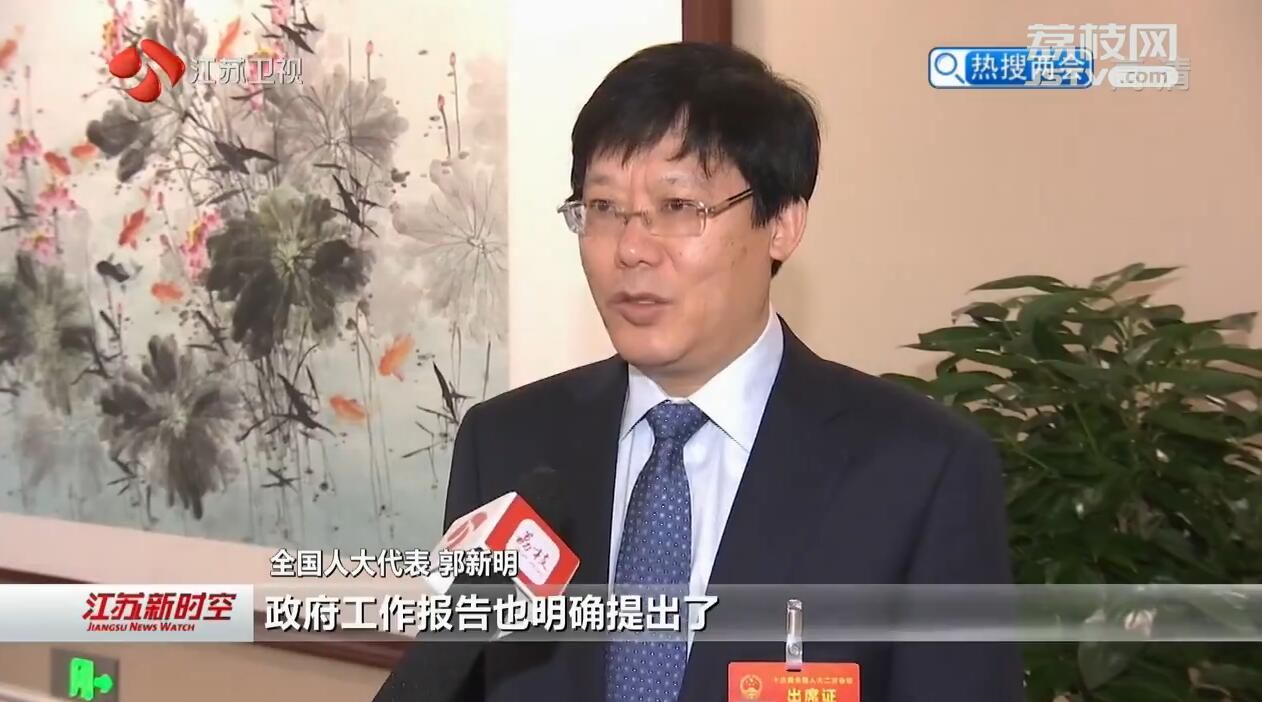
Guo Xinming, NPC deputy, President of the People's Bank of China, Nanjing Branch, Secretary of the Party Committee and Director of the Jiangsu Provincial Branch of the State Administration of Foreign Exchange
The government work report also clearly stated that
to increase the bank credit
the focus rests with the support to the real economy
The next step is to ensure the total amount
and the other is structural optimization
especially to increase product innovation
to provide effective support
The tax reduction and reduction is a combination of inclusive tax cuts and structural tax cuts, with a focus on manufacturing and small and micro start-ups. Zhang Guiping, a CPPCC member and chairman of Suning Global, has been paying attention to the financing difficulties of small and medium-sized enterprises. He suggested setting up enterprise credit compensation funds for small and medium-sized enterprises so as to support financial institutions or departments to optimize the enterprise information management system, build a new and effective financing model, and better expand the financing channels for small and medium-sized private enterprises.
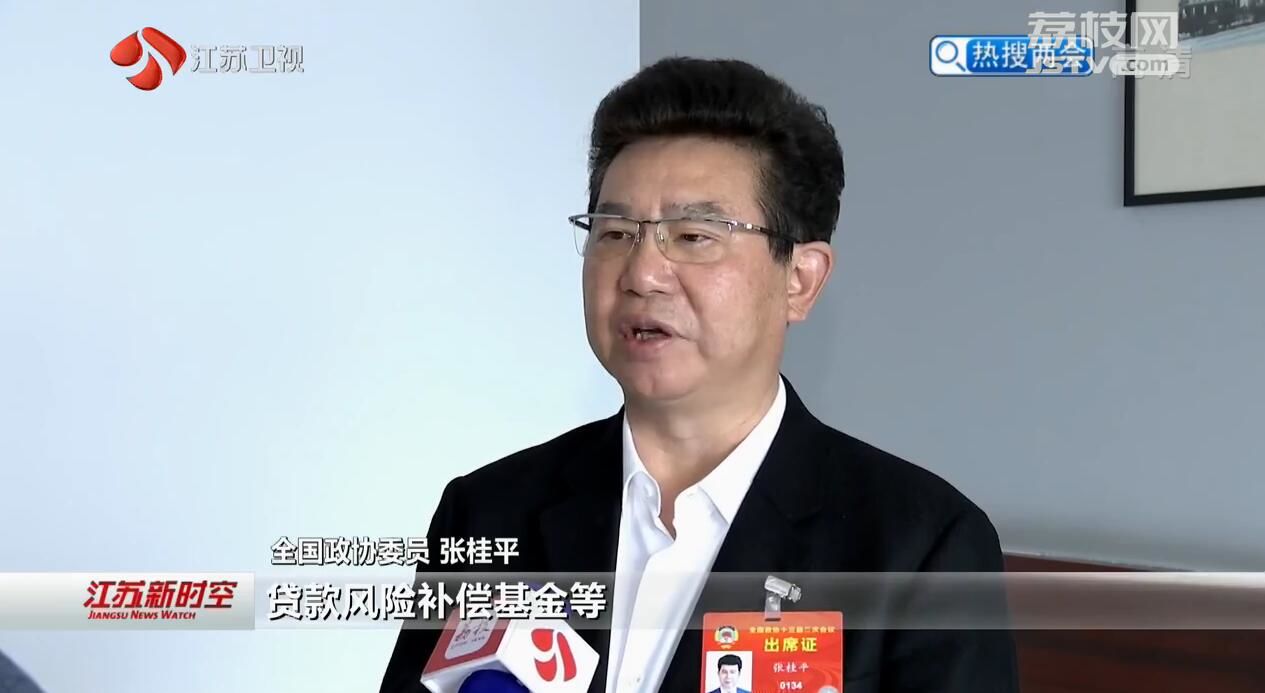
Zhang Guiping, CPPCC member, chairman of Suning Global
It is suggested that the government take the lead
in setting up various financing guarantee measures
or platforms such as subsidies
and loan risk compensation funds
The combination of government + enterprises
+ banks + third-party guarantee
institutions will participate together
to promote information sharing and risk sharing
Jiangsu has implemented a series of fee reduction measures in terms of tax burden, electricity consumption, financing, and innovation costs. This year, the province will reduce the cost of real economy enterprises by more than 160 billion yuan.
According to the government work report delivered by Premier Li Keqiang on March 5 at the opening ceremony of the second session of the 13th National People’s Congress, China aims to reduce the tax burdens and social insurance contributions of enterprises by nearly 2 trillion yuan or $298.3 billion in 2019, as part of its broader push to promote manufacturing and fuel the growth of small and micro businesses.
The government will deepen the value-added tax reform, reducing the current rate of 16 percent in manufacturing and other industries to 13 percent, and lower the rate in the transportation, construction, and other industries from 10 to 9 percent.
